What Will Tomorrow's Fashion Look Like?
Raising public awareness around ecology, fashion, and the ways in which they impact each other was the order of the day at Marie Claire and Kering group's Fashion Our Future event on June 16 in Paris.
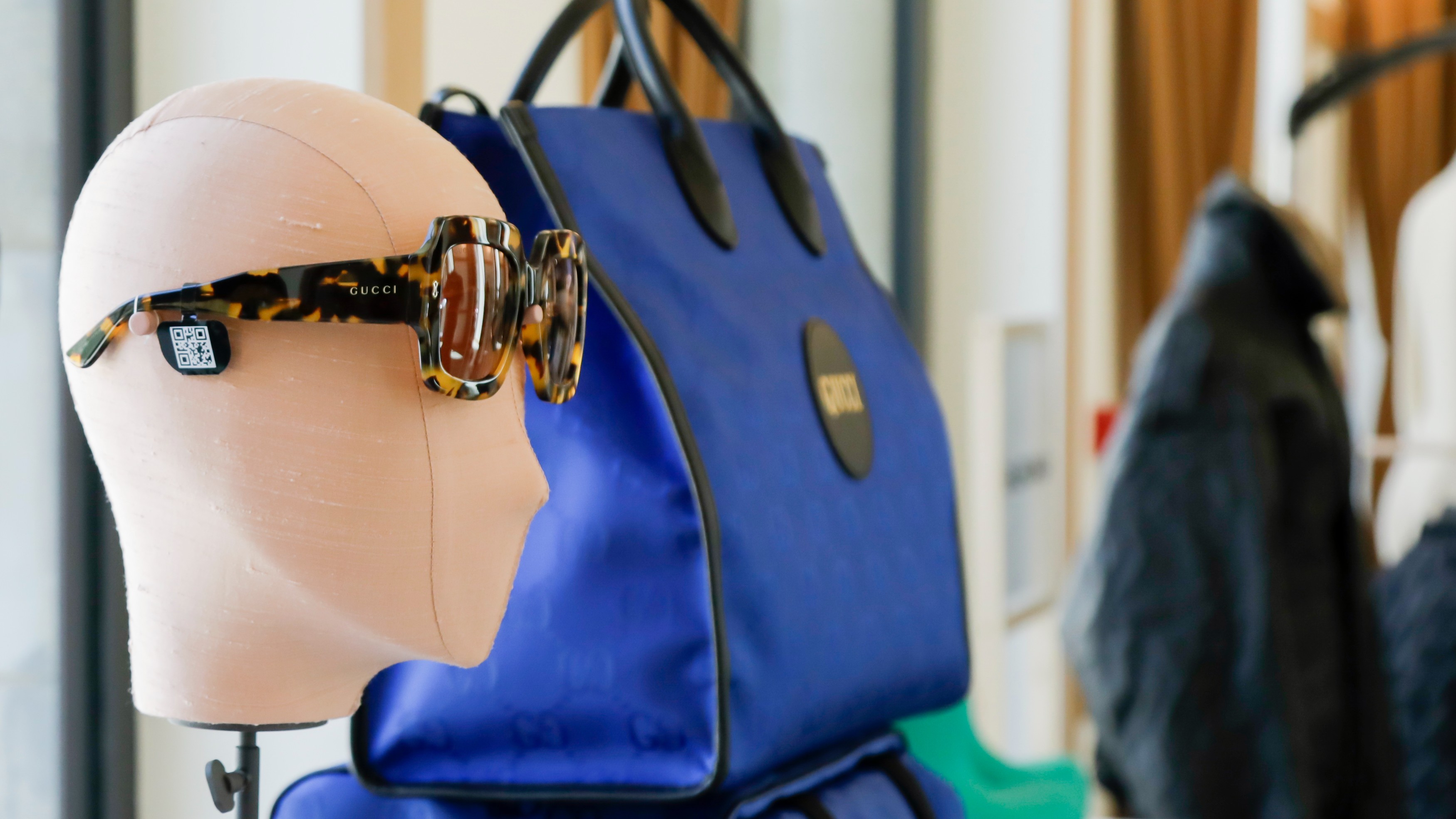
The mid-June heatwave was at its peak, with temperatures around 100° in Paris—an inescapable reminder of the reality of climate change—when Marie Claire and Kering group launched Fashion Our Future. On stage at La Caserne (an accelerator dedicated to ecologic transition and fashion), a succession of experts, activists, and celebrities from around the world joined together to discuss designing a better fashion industry.
Opening the event, a conversation between Marie-Claire Daveu, Chief Sustainability and Institutional Affairs Officer at Kering, and Katell Pouliquen, Marie Claire France's Editorial Director, insisted on the sad reality of climate change: “We are already feeling its consequences, and we will need to adapt,” Daveu reminded the audience. And women are often in its front line. “What we do in the West has consequences for women and girls in Africa: the lack of water, the subsequent breakdown of families, and the threat to education too,” explained Aïssa Maïga, actor, activist, and director of the documentary Marcher sur l’eau (Walking on Water). In Asia as well, female workers, who constitute 85 percent of the workforce in textile factories, suffer from our consumption habits, mostly from the fast fashion sector. Although women are first affected, they are also some of the first to bring forward solutions. “They become leaders in garment manufacturing factories, and help change the laws,” Nayla Ajaltouni, of collective Ethique sur l’Etiquette, pointed out.
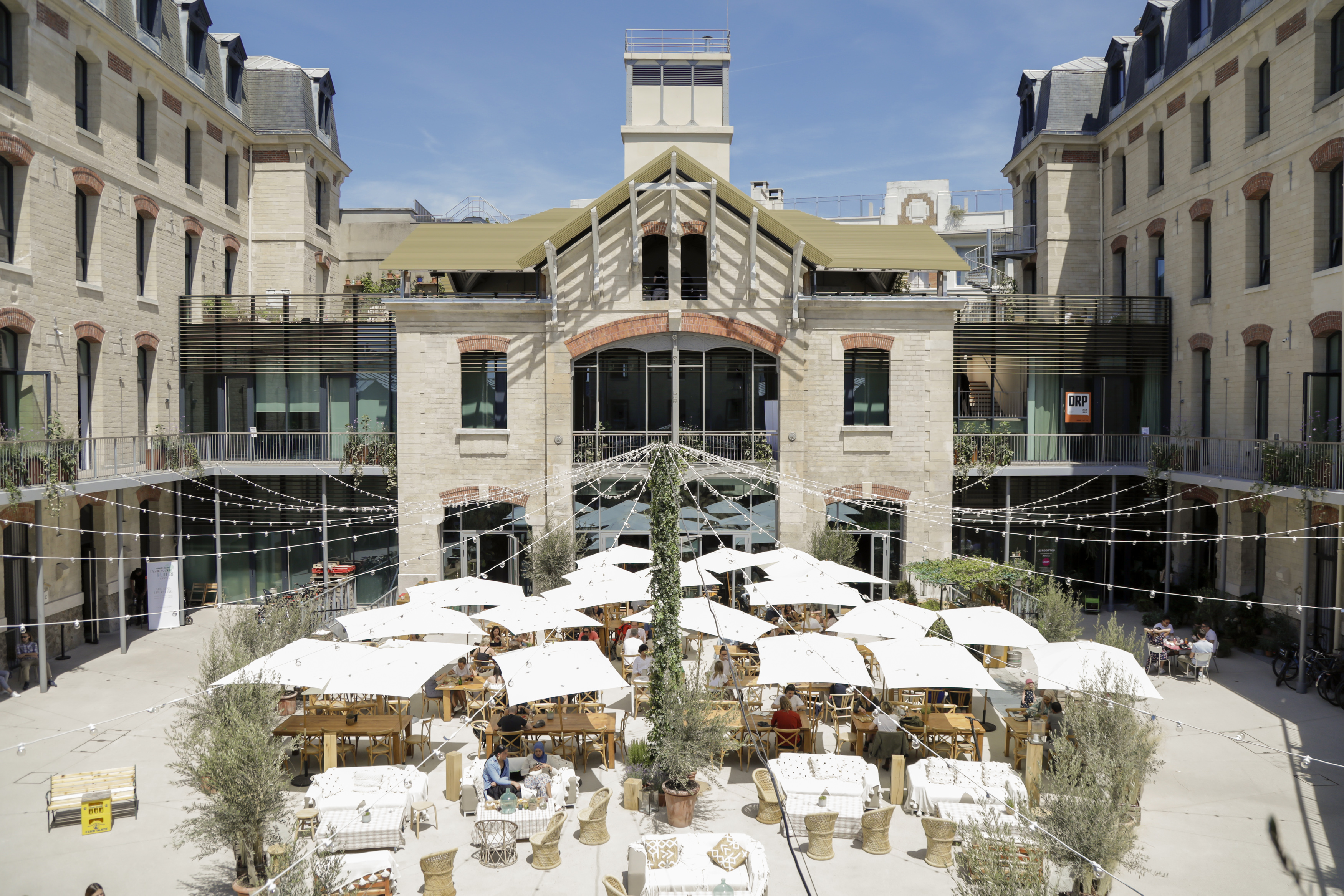
Fashion Our Future was held at La Caserne, an accelerator for startups working on sustainable fashion.
Having taken stock of the situation, the time arrived for solutions. As Pouliquen said in her opening words, “We must change our lifestyles, including the way we dress.” How? Part of the solution can be through activist brands. Among those acting for change: French sneaker brand Veja, represented at the event by cofounder and CEO, Sébastien Kopp. “We want to create a product that is respectful of human rights and of the planet. To do so, we went on the ground, in Brazil, to meet the cotton and rubber producers,” he explained, insisting on the necessity for transparency and traceability—the two conditions required for a truly sustainable fashion. Later, Bénédicte Laloux, art director for Chinese eco-brand ICICLE and Amah Ayivi, founder of Marché Noir, a brand that revisits African clothing, exchanged ideas for solutions to the problems that fashion poses to the environment. Among them: natural dyes, innovative materials, and upcycling.
The latter concept was at the heart of the event, with an experiential workshop, Sed Nove studio, that attendees could visit during breaks, and talks around circular economy. Vestiaire Collective Vice President of Marketing and Branding Vanessa Masliah hammered the idea home: “Fashion’s biggest problem is overproduction, so we need to extend the life of clothing, and use what already exists rather than producing new things.” To create more durable items, the industry can also count on innovative projects. Kering has many—one of which was presented that day by its spokesperson, Yoann Régent, Head of Sustainable Sourcing & Nature Initiative for the South Gobi Cashmere Project, a program for durable cashmere implemented in Mongolia. The program focuses on pastoral techniques that guarantee animal welfare, biodiversity, and the improvement of wages and living conditions for the shepherds. Gucci Off The Grid, a collection that promotes regeneration of materials and textiles by reducing waste and minimizing the use of new resources, was also on display. “Our actions are articulated around circularity, regenerative agriculture, and biodiversity,” Antonella Centra, EVP General Counsel, Corporate Affairs & Sustainability at Gucci, told Marie Claire US's Executive Editor, Danielle McNally, while a showroom presented luggage made in their regenerated nylon fabric, Econyl.
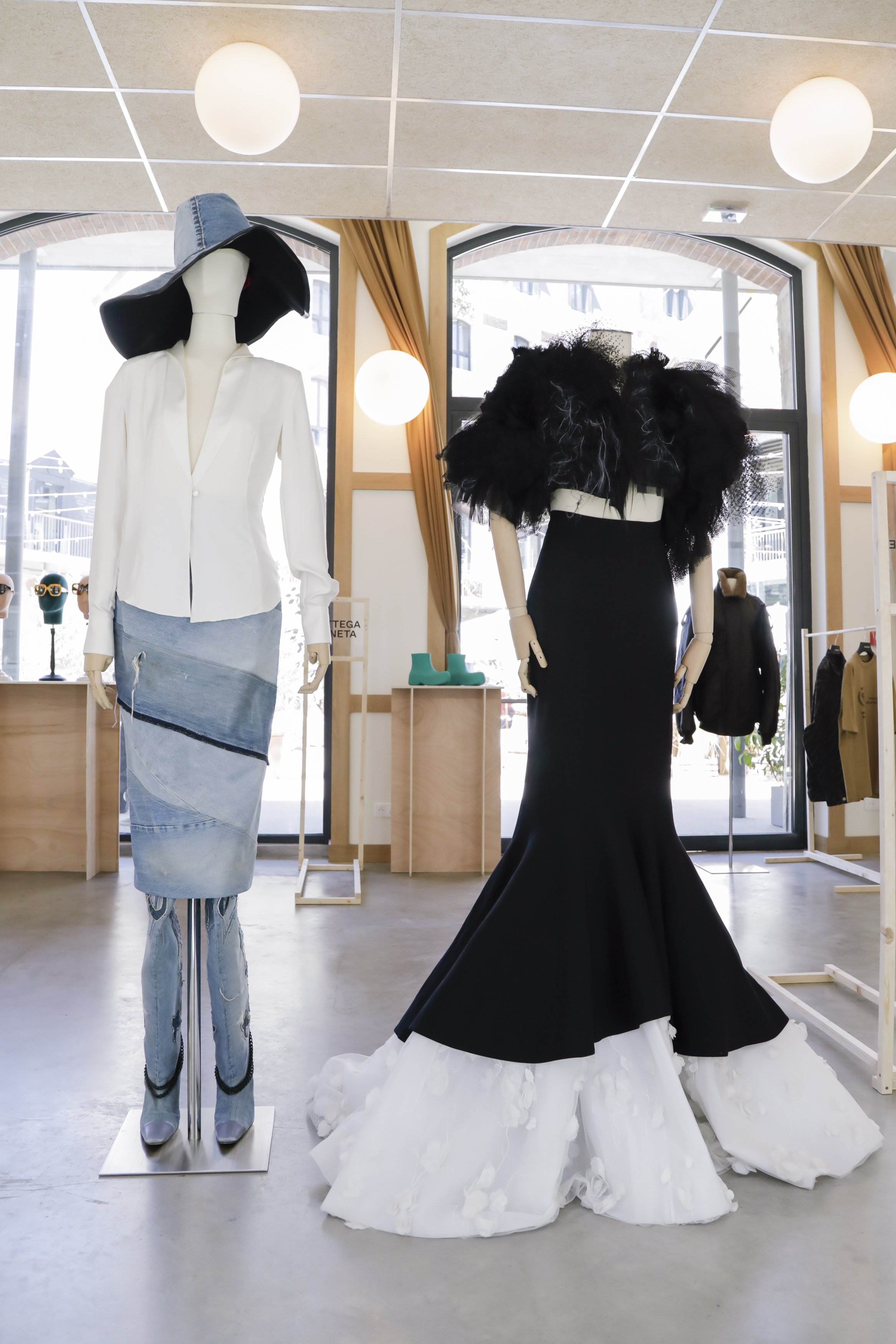
Upcycled couture by Ronald van der Kemp was on display throughout the event.
Citizens also have their part to play, and green influencers were there to help. Fanny Enjolras-Galitzine, creator of the Instagram account @the_greenimalist, and Lisa Gachet, founder of fashion brand Make My Lemonade, delivered common sense, actionable advice: “When possible, go for secondhand, try to sew your own clothes, or be certain you’ll wear something at least 30 times before [deciding to buy] it,” said Enjolras-Galitzine. “Durability is a long journey,” boomed Simone Cipriani, founder of the Ethical Fashion Initiative, which works with designers from Africa and Centra Asia.
Today’s efforts will only bear fruits in a few years—which is why it’s so important to start acting now. With the #BeTheChange challenge, an Instagram campaign launched by Marie Claire and Kering to inspire citizens to embody this urgent and vital change, actress Zosia Mamet, model Erin Wasson, Chinese pop-star Chris Lee, Balenciaga muse Suzi de Givenchy, model and spokeswoman Doina Ciobanu, and more, all shared the actions through which they do their part, through which they strive to be the change. “Each and every one of us has a part to play,” concluded Daveu.
Stay In The Know
Get exclusive access to fashion and beauty trends, hot-off-the-press celebrity news, and more.
Chloe Cohen is a journalist and host of the responsible fashion podcast Nouveau Modele based in Paris.
-
 Underrated New Balance Sneakers Are Priyanka Chopra's Athleisure Hero
Underrated New Balance Sneakers Are Priyanka Chopra's Athleisure HeroThey're the star of her latest look.
By Kelsey Stiegman
-
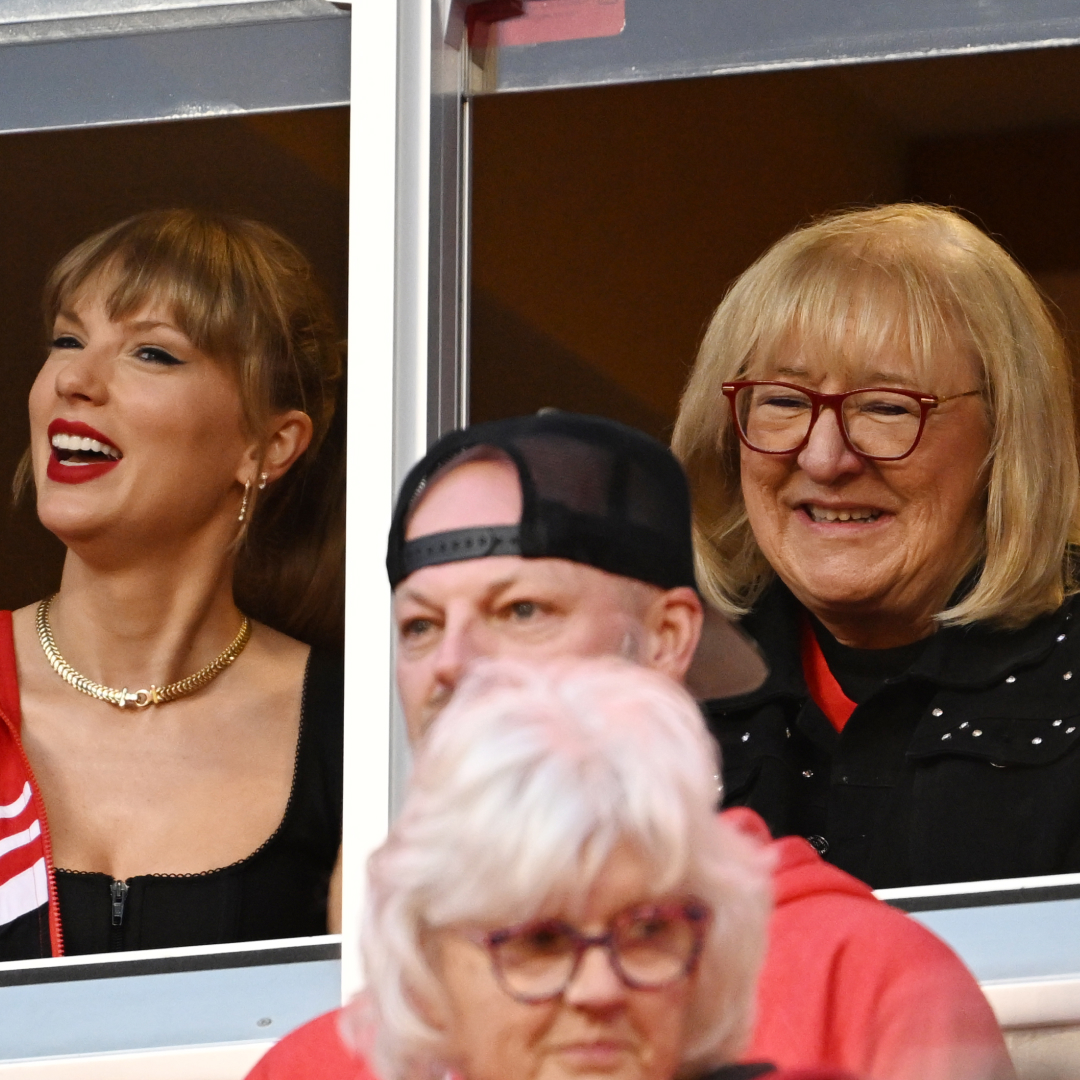 Travis Kelce's Mom Reportedly "Liked" a Comment About His Future as a Dad
Travis Kelce's Mom Reportedly "Liked" a Comment About His Future as a Dad...and then removed it.
By Lia Beck
-
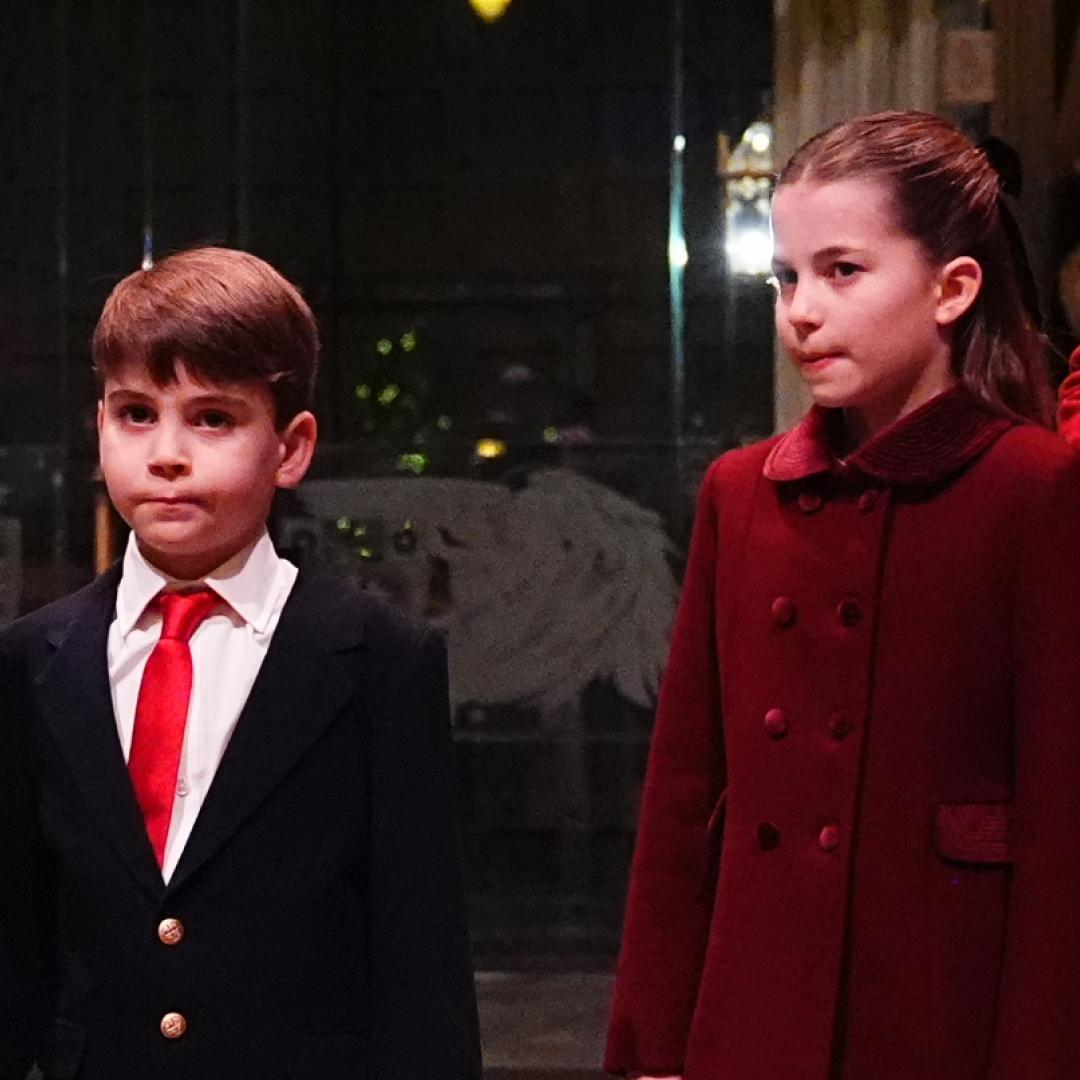 Prince Louis Will Soon Be Allowed a Special Privilege That Prince George and Princess Charlotte Already Have
Prince Louis Will Soon Be Allowed a Special Privilege That Prince George and Princess Charlotte Already HaveThe youngest Wales child will turn 7 on April 23.
By Kristin Contino
-
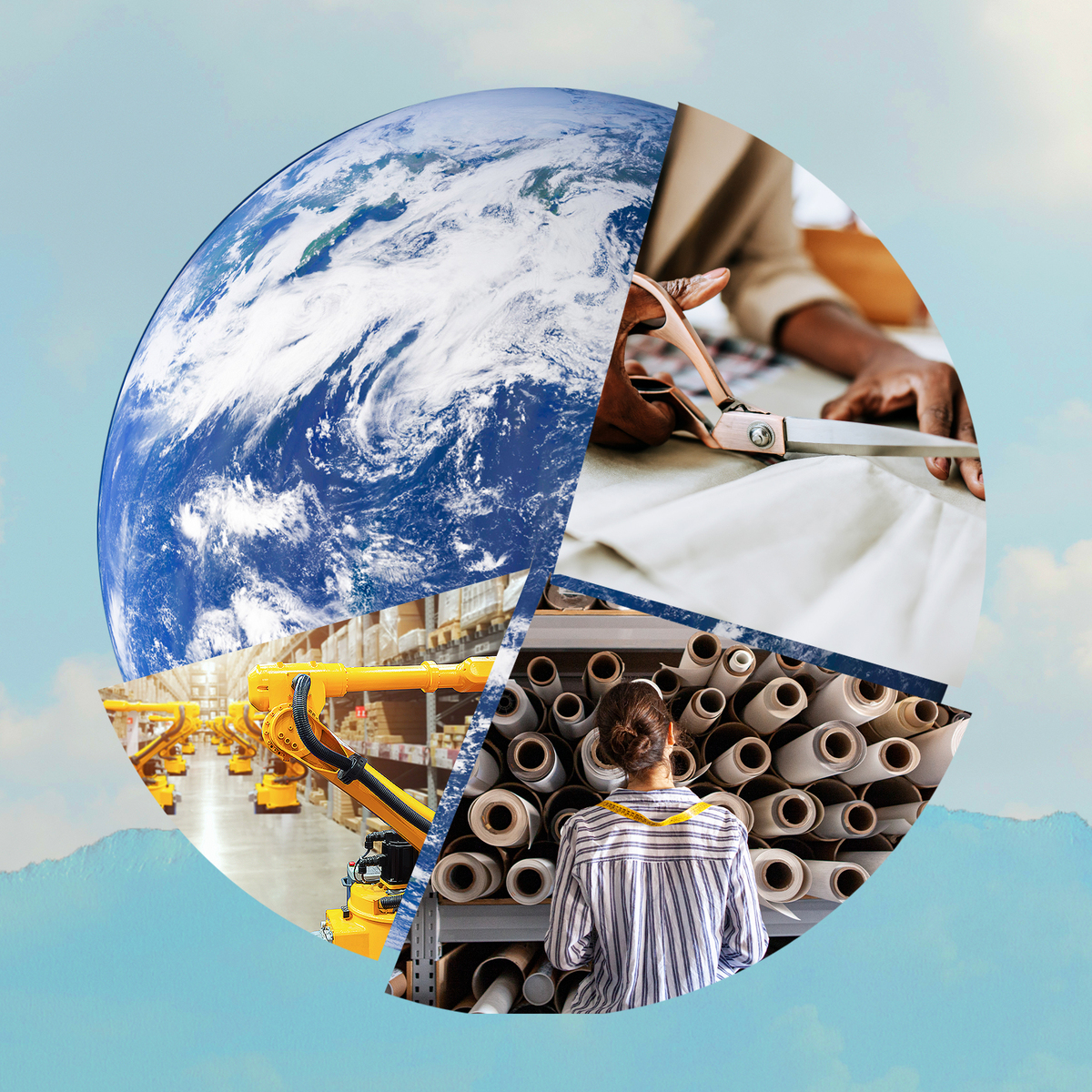 In Order to Revolutionize Fashion, Prioritize Innovation
In Order to Revolutionize Fashion, Prioritize Innovation"We must remain optimistic."
By Sara Holzman
-
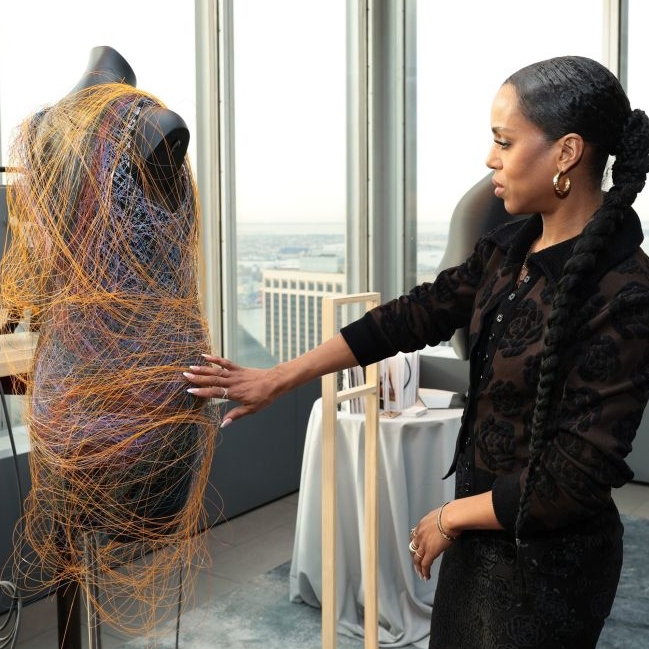 How Sustainability Will Redefine the Future of the Fashion Industry
How Sustainability Will Redefine the Future of the Fashion IndustryMarie Claire and Kering brought sustainable fashion center stage at the Fashion Our Future Event in New York City on March 16.
By Sara Holzman
-
 Sustainable Denim: Everything You Wanted to Know (But Were Afraid to Ask)
Sustainable Denim: Everything You Wanted to Know (But Were Afraid to Ask)Sustainability is fashion's hottest buzzword. Here’s how to know if those jeans are actually eco-friendly—or just cleverly marketed.
By Alyssa Hardy
-
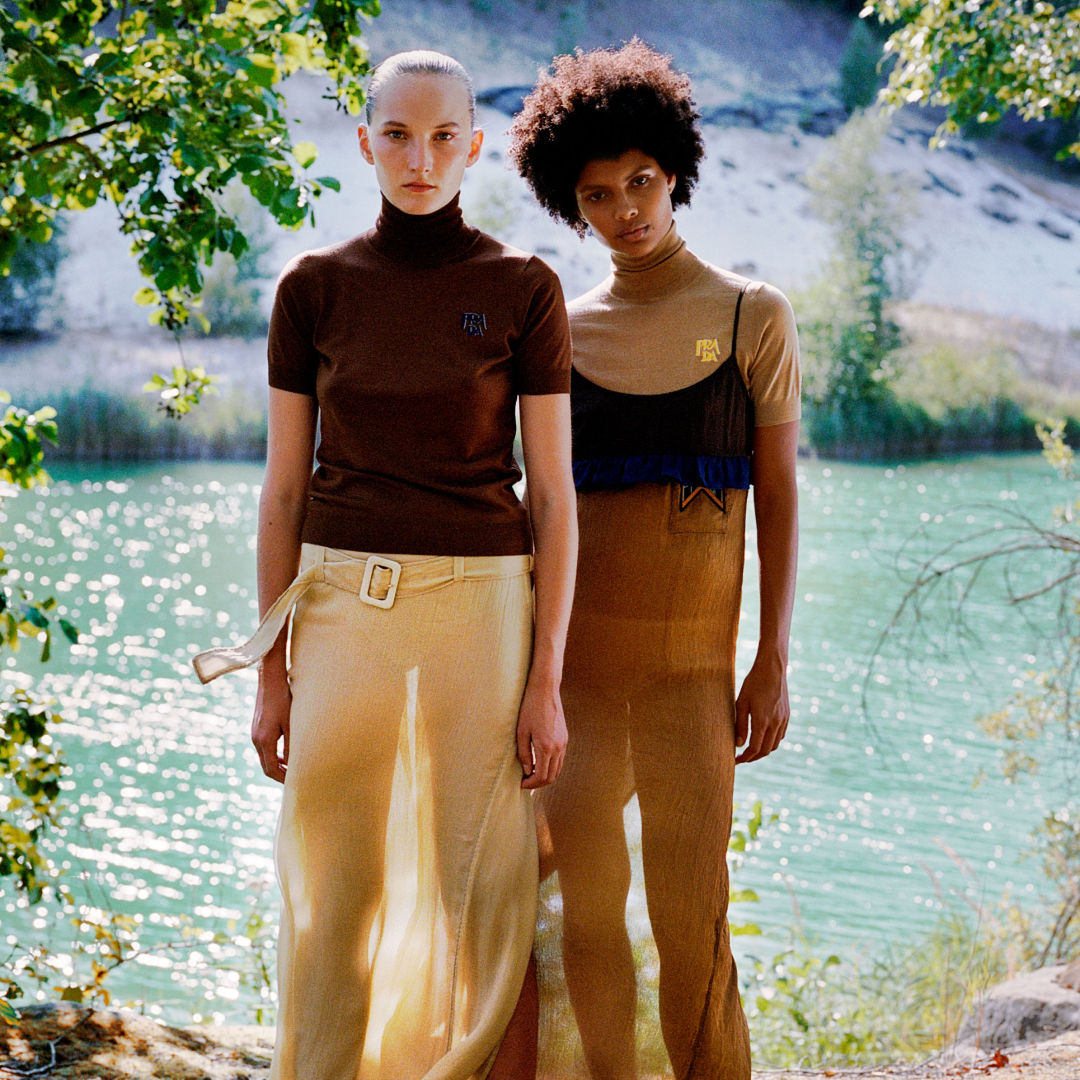 I Vetted Thousands of Sustainable Fashion Brands to Find 17 Expert-Approved Labels
I Vetted Thousands of Sustainable Fashion Brands to Find 17 Expert-Approved LabelsA comprehensive list of trustworthy names that follow through on their environmental promises.
By Emma Childs
-
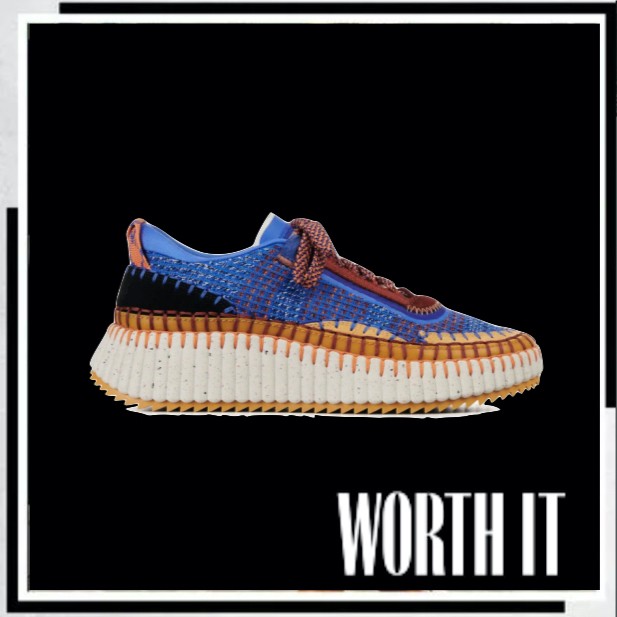 Chloé's New Lower-Impact Nama Sneaker Is a Step Ahead
Chloé's New Lower-Impact Nama Sneaker Is a Step AheadThe french fashion house is making even more strides in sustainable fashion.
By Sara Holzman
-
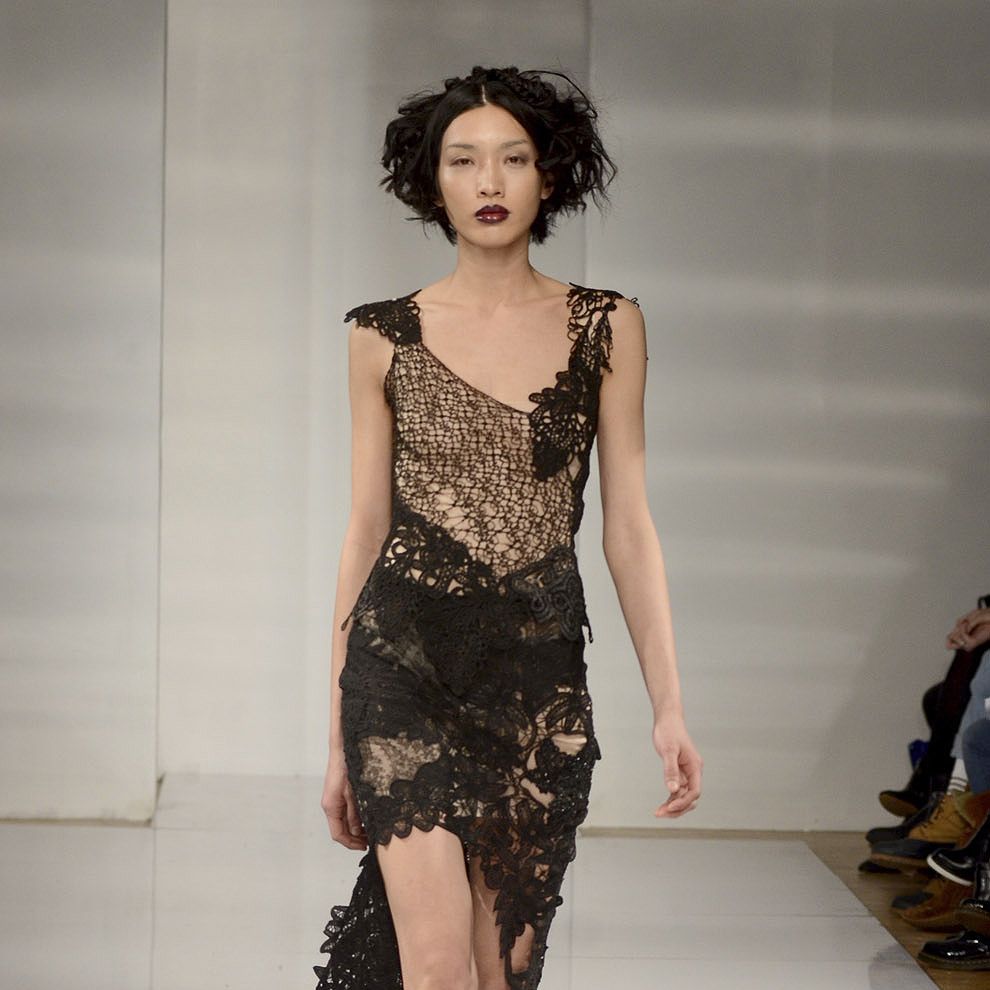 Going Green Never Looked So Chic
Going Green Never Looked So ChicFind out how Mimi New York creates a sustainable, eco-chic couture line with no waste just in time for Fashion Week. Check out MarieClaire.com for more news.
By Michelle Guerrere
-
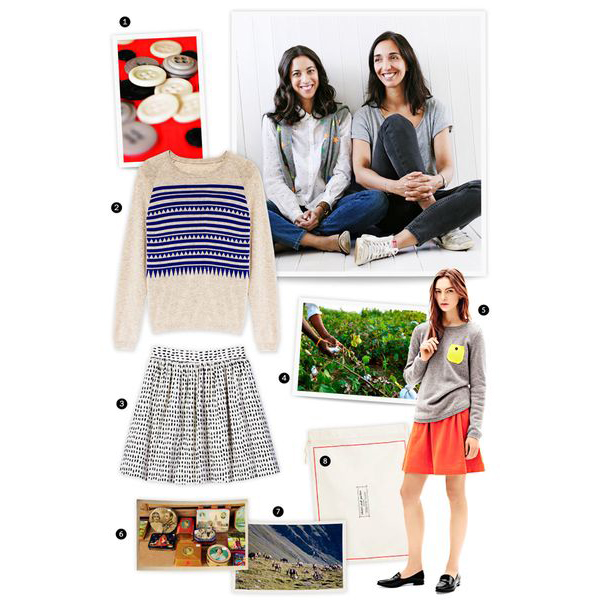 Who We Love Chinti and Parker
Who We Love Chinti and ParkerFor the English knitwear label, being sustainable and ethical is all in the details.
By Michelle Guerrere
-
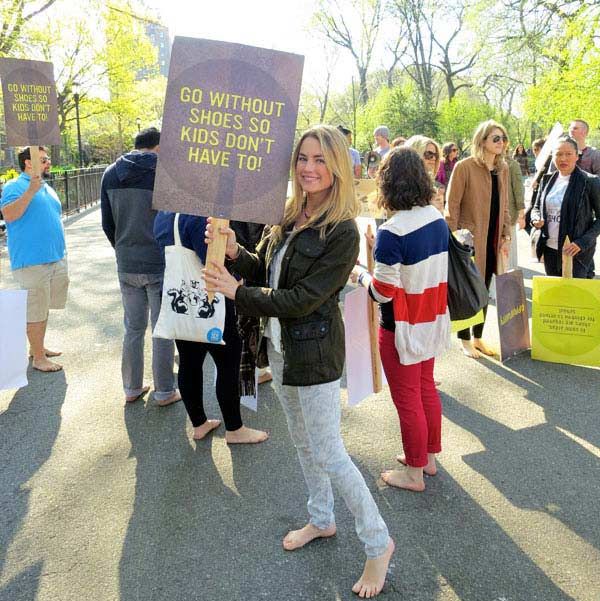 TOMS "One Day Without Shoes" in New York's Tompkins Square Park
TOMS "One Day Without Shoes" in New York's Tompkins Square ParkThis week, Amanda Hearst joined TOMS "One Day Without Shoes" Walk, and marched away with a better understanding of the campaign.
By Amanda Hearst